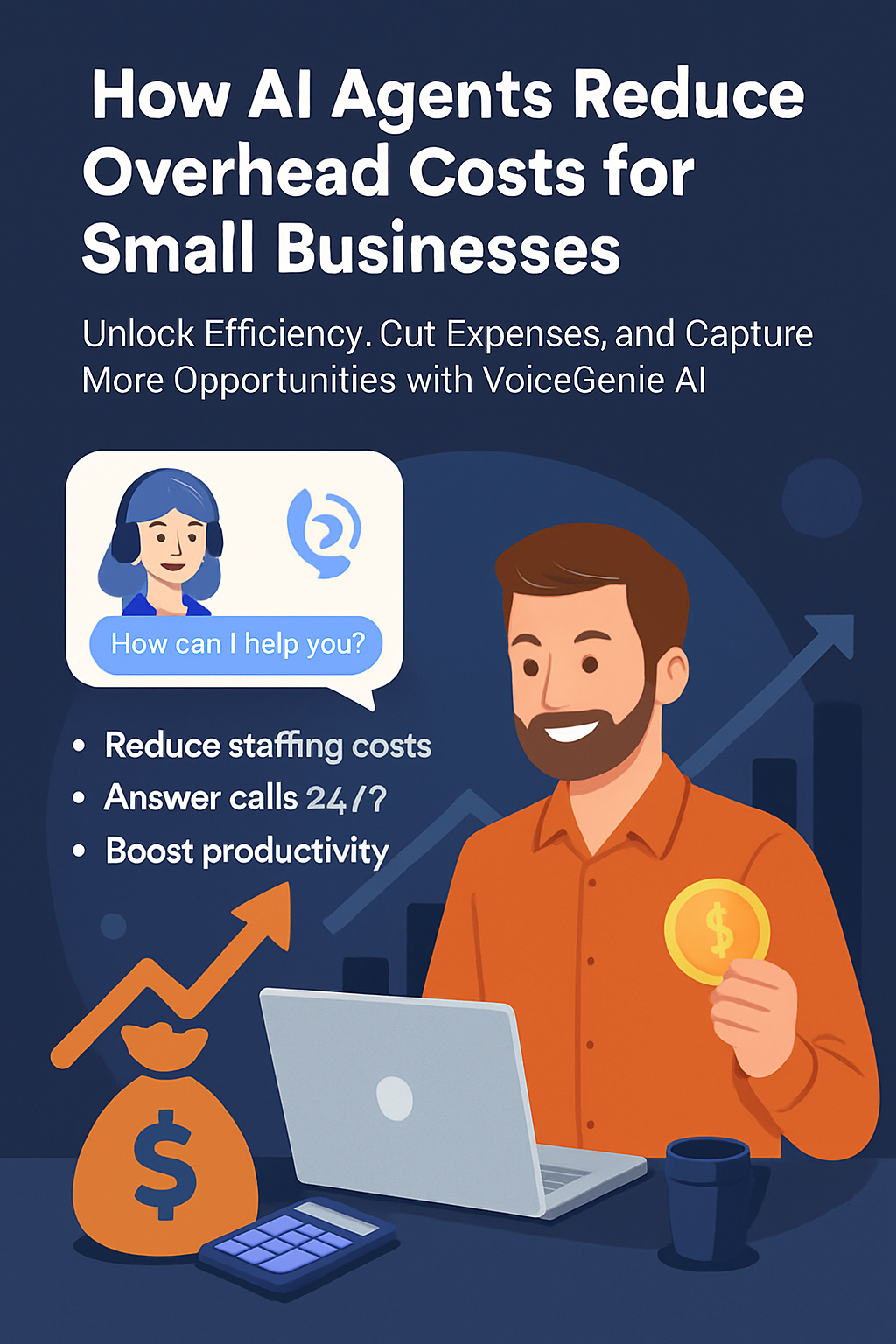Predictions for Technological Impact on Global Markets in 2025
As we move closer to 2025, the influence of technology on global markets is set to become even more transformative. From the rise of emerging markets and the adoption of digital tools to the reshaping of global supply chains and trade dynamics, technology will continue to drive unprecedented changes. These shifts will create new economic opportunities while simultaneously posing unique challenges for businesses worldwide. Companies that can harness technological advancements effectively will gain a competitive edge in an increasingly interconnected and digital-first global economy.
Emerging Markets and Technological Adoption During 2025
Emerging markets are poised to become significant players in the global economy by 2025, largely due to increased technological adoption and digitalization. Countries across Asia, Africa, and Latin America are investing heavily in digital infrastructure, mobile connectivity, and e-commerce platforms to leapfrog traditional development stages and position themselves as competitive forces in the global marketplace. This digital transformation is enabling businesses in these regions to access new markets, improve operational efficiencies, and offer more innovative products and services.
For instance, in countries like India and Brazil, the rapid expansion of mobile internet and smartphone usage is fostering the growth of digital payments, online retail, and FinTech solutions. These advancements are not only boosting economic growth but also enhancing financial inclusion by providing more people with access to financial services. Meanwhile, in Africa, technology is revolutionizing agriculture through precision farming tools, IoT-based monitoring systems, and mobile apps that connect farmers to buyers and suppliers, helping to reduce costs and increase productivity.
As these markets continue to embrace digitalization, they will present significant opportunities for both local and international businesses looking to tap into new consumer bases and collaborate on technological innovation.
Technology’s Role in Global Supply Chains and Trade
Technology is also reshaping global supply chains and trade in profound ways. By 2025, advancements in blockchain, artificial intelligence (AI), and IoT are expected to bring greater transparency, efficiency, and resilience to supply chains. Blockchain technology, for example, enables real-time tracking and verification of goods, reducing the risk of fraud and errors while ensuring compliance with international trade regulations. This transparency builds trust among stakeholders and makes it easier to identify and address issues that arise during the supply chain process.
AI and machine learning algorithms are being used to optimize inventory management, predict demand fluctuations, and streamline logistics, enabling businesses to respond to changing market conditions more effectively. Additionally, the use of IoT sensors allows companies to monitor the condition and location of products throughout their journey, ensuring that they arrive on time and in optimal condition.
These technologies are particularly valuable in the face of disruptions like natural disasters, geopolitical tensions, or pandemics, which can create bottlenecks and delays. By leveraging digital tools, businesses can quickly adapt their strategies, reroute shipments, and manage supply chain risks, ensuring business continuity even in uncertain times.
Future Economic Opportunities and Challenges for Businesses in 2025
While technology offers numerous opportunities for economic growth and innovation, it also presents challenges that businesses must navigate. One of the primary challenges is the rapid pace of technological change, which can make it difficult for companies to keep up and fully leverage new tools. This is especially true for small and medium-sized enterprises (SMEs) that may lack the resources to invest in cutting-edge technologies or upskill their workforce.
Moreover, the increased reliance on digital platforms heightens the risk of cyber threats and data breaches, making cybersecurity a critical concern for businesses of all sizes. Companies must invest in robust security measures and develop strategies to protect their digital assets and customer information.
Despite these challenges, the potential rewards are immense. Businesses that can effectively incorporate technology into their operations will be able to streamline processes, enter new markets, and provide enhanced products and services. For example, the integration of AI-driven customer service platforms can help companies deliver personalized experiences at scale, boosting customer satisfaction and loyalty. Similarly, using data analytics to gain insights into consumer behavior will allow businesses to refine their offerings and anticipate market trends.
By 2025, technology will have a profound impact on global markets, reshaping how businesses operate and compete. Emerging markets will leverage digital tools to drive economic growth, while advancements in technology will transform global supply chains and trade. Though there are challenges associated with rapid technological change and cybersecurity risks, the potential benefits far outweigh the drawbacks. Companies that embrace these changes and invest in technological innovation will be well-positioned to thrive in the dynamic and increasingly digital global economy.
FAQs
1. How are emerging markets leveraging technology for economic growth?
Emerging markets are investing in digital infrastructure and adopting technologies like mobile payments and IoT to access new markets, improve efficiency, and drive financial inclusion.
2. What role does technology play in global supply chains?
Technology such as blockchain, AI, and IoT enhances supply chain transparency, efficiency, and resilience by enabling real-time tracking, optimizing logistics, and reducing the risk of disruptions.
3. What are the main challenges businesses face with technological adoption?
Challenges include keeping up with the rapid pace of technological change, managing cybersecurity risks, and ensuring that employees have the skills to leverage new technologies effectively.
4. How can businesses take advantage of technology to enter new markets?
Businesses can use digital tools like e-commerce platforms, data analytics, and AI-driven marketing strategies to identify and target new customer segments in different regions.
5. What opportunities does technology present for global trade?
Technology offers opportunities for more efficient trade processes, better supply chain management, and access to new markets, ultimately driving global economic growth and innovation.










